Using its 38 years of experience in North London, The Arsenal Foundation has worked with Save the Children since 2011 on a programme in Jordan’s Za’atari Refugee Camp called ‘Coaching For Life’: an initiative which uses the power of football to develop a sense of belonging and boost the emotional, mental and physical experience for kids in crises.
Launched in 2018 in one of the world’s most populous refugee camps – which hosts around 80,000 people more than half of whom are children – Coaching for Life supports children and their families who fled their homes in Syria.
The programme spans skills training, Arsenal match highlights and behind the scenes links to enable the attendees to get closer to players including Bukayo Saka, Martin Odegaard, Emile Smith Rowe, Gabriel Jesus, Leah Williamson and Beth Mead.
On the 12th anniversary of the start of the civil war, ‘Coaching for Life’ sought to drive ongoing awareness of support for the programme through a film telling the stories of Jana and Ward: two Syrian refugees who fled to Jordan with their families and live in the camp.
Jana, a 13-year-old girl from Dar’a travels by bike across the vast camp to attend Coaching For Life training sessions. A shy and quiet girl before joining the programme, Jana found it hard to express her emotions and opinions. But her time on the course gives her energy, optimism and confidence.
“I have lived in Za’atari for 10 years. We came here after the war,” says Jana in the film.
“Whenever there was aircraft, I would get scared by the noise. So we came here. My father got us here. “I was so happy I signed up with Arsenal. When I play football, I feel happy.”
Jana’s mother spoke about arriving in Jordan and the impact of Coaching for Life on her daughter. “We had nothing at all. We just escaped to save ourselves with our IDs only. We got here, we lived in tents, and we suffered.
“Coaching for Life changed Jana 180 degrees,” added her mother. “I think she started to love life again. It was like she had been dead, a body with no soul, but suddenly she started to love life, to love people.”
20-year-old Ward has lived in the camp since 2012 and, after participating in Coaching for Life, he became a junior coach to support other kids in the camp.
“We left Syria to come here. The strikes, the horror and fear. We were worried about the children, and we left with them,” recalled Ward’s mother about leaving her homeland in 2012.
“When we came here, the situation changed. We left our friends. Some didn’t come with us, and some died,” Ward himself explained. “After we got into this programme, we learnt how to build relationships on the pitch and how to make decisions.”
The ‘Coaching For Life’ film rolled out across club and charity online platforms from 8 March and its launch leveraged International Women’s Day.
“The stories we hear from children and their families in Za’atari shows the power football has to transform lives in our communities worldwide,” said Arsenal CEO Vinai Venkatesham reflecting on five years of Coaching for Life. “We’ve taken the work we’ve developed over nearly 40 years with our north London community to support young children who’ve fled from the Syrian war, it’s inspiring to see the effect we can have. None of this would be possible without the Arsenal family coming together to provide a sense of belonging around the world.”
Director of The Arsenal Foundation Mairead King added: “Over the next five years, our aim is to achieve long-term transformative and sustainable change for children in the Za’atari camp. To reflect this ambition, Coaching for Life has evolved to take into consideration the challenges facing the Za’atari community today, lessons learned from the last five years, and children’s voices to ensure their experiences are truly understood. This includes making the programme sustainable by training more coaches, introducing mini-football leagues so there are more opportunities for children to participate, focusing on greater diversity by including children with disabilities, and having achieved gender equity on the programme, moving to a gender transformative approach by including boys and men in the conversation on the challenges that the girls and women face in the camp.”
Comment
An independent evaluation commissioned by The Arsenal Foundation and Save the Children to understand the impact of Coaching for Life reported multiple positive outcomes including:
> 90% of participants said they always felt safe as part of the programme
> 90%+ felt there was often/always an adult they trusted, who listened to them, told them when they did a good job, or really cared about them
> Majority of participants said the programme had improved their family relationships, enhanced their self-worth, self-esteem and confidence
> Female participants report improvements in learning to better express themselves, speak out, and overcome their shyness
> Male participants report improvements in terms of learning to treat others with respect, kindness, and less aggression
The Arsenal Foundation launched in May 2012 as a grant giving organisation backed by player, staff and fan support with the mission to help young people fulfil their potential and Save the Children is one of three official partners – alongside the Willow Foundation and Islington Giving – benefitting from the support.

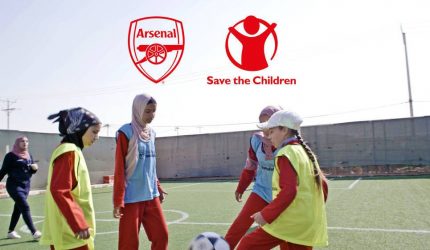






















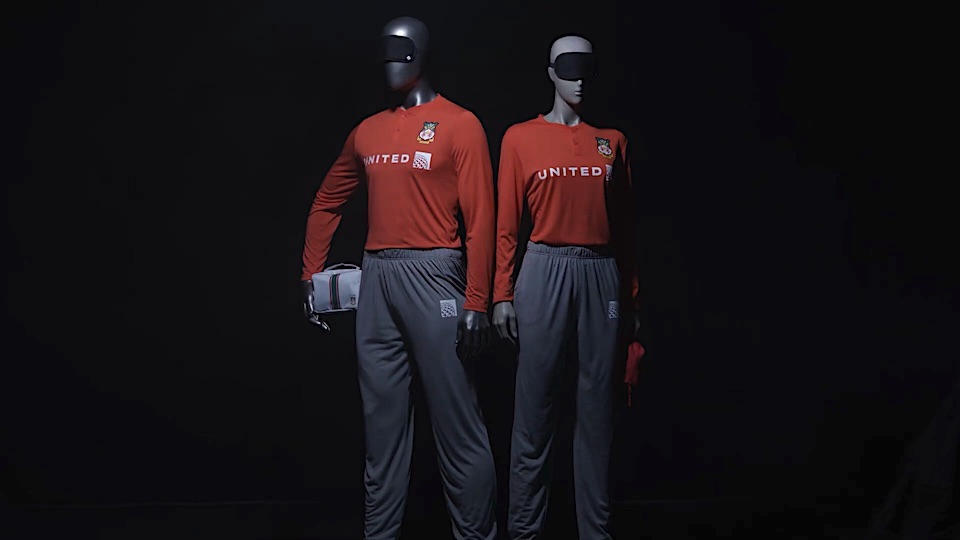

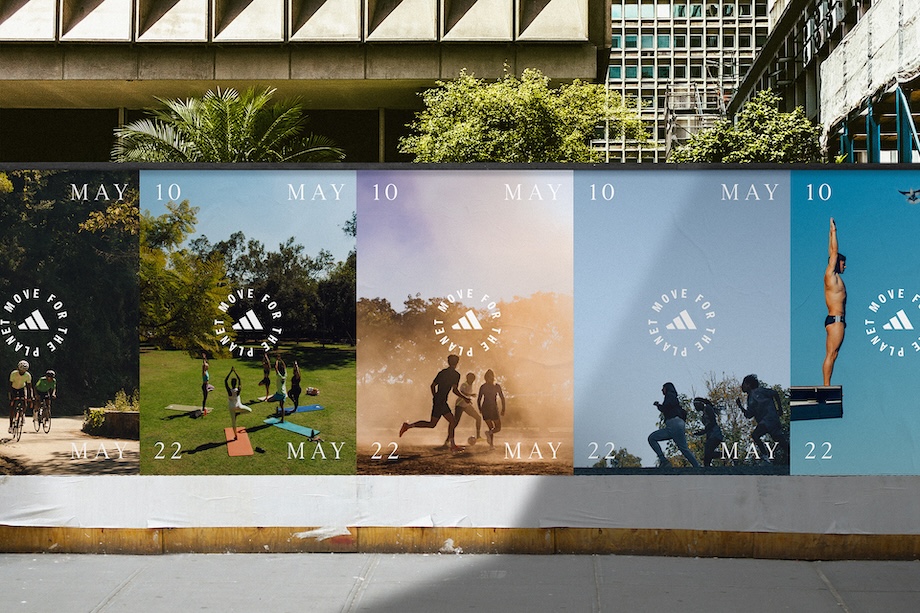
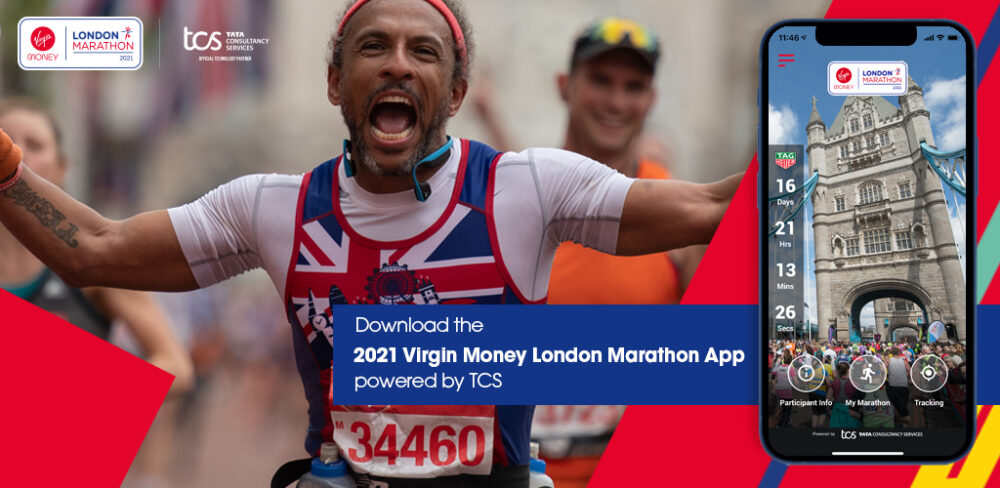




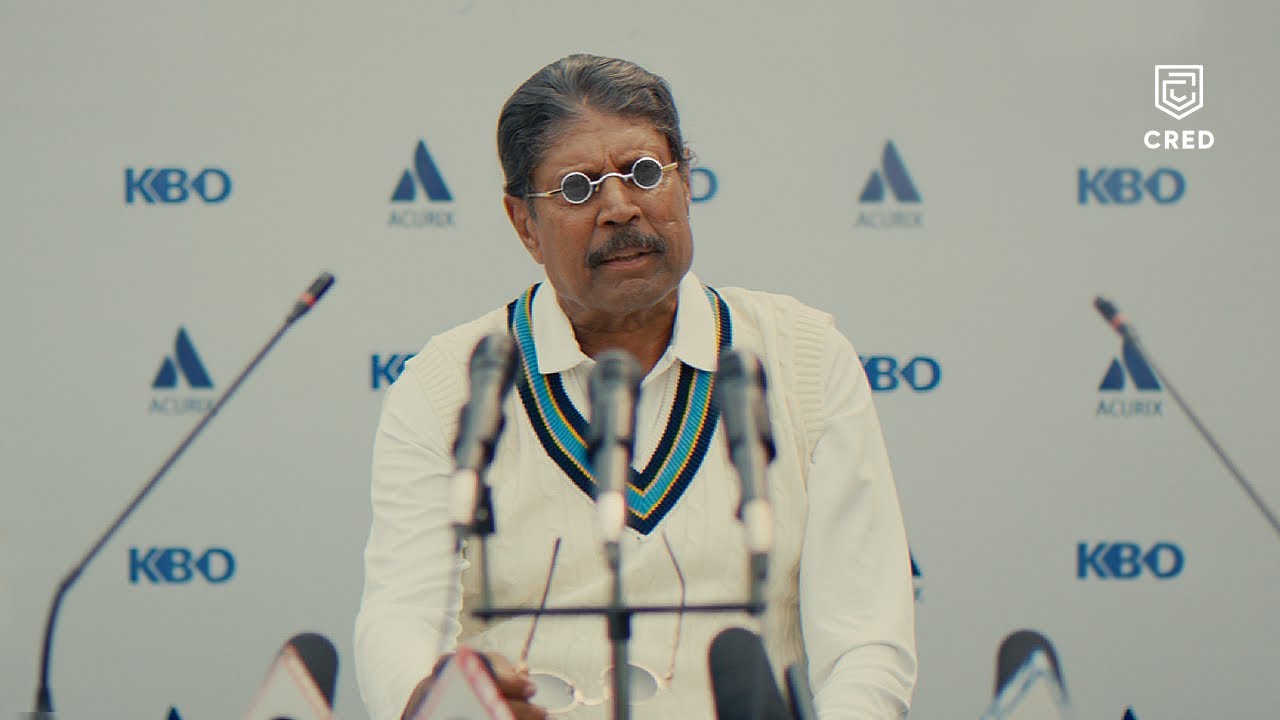
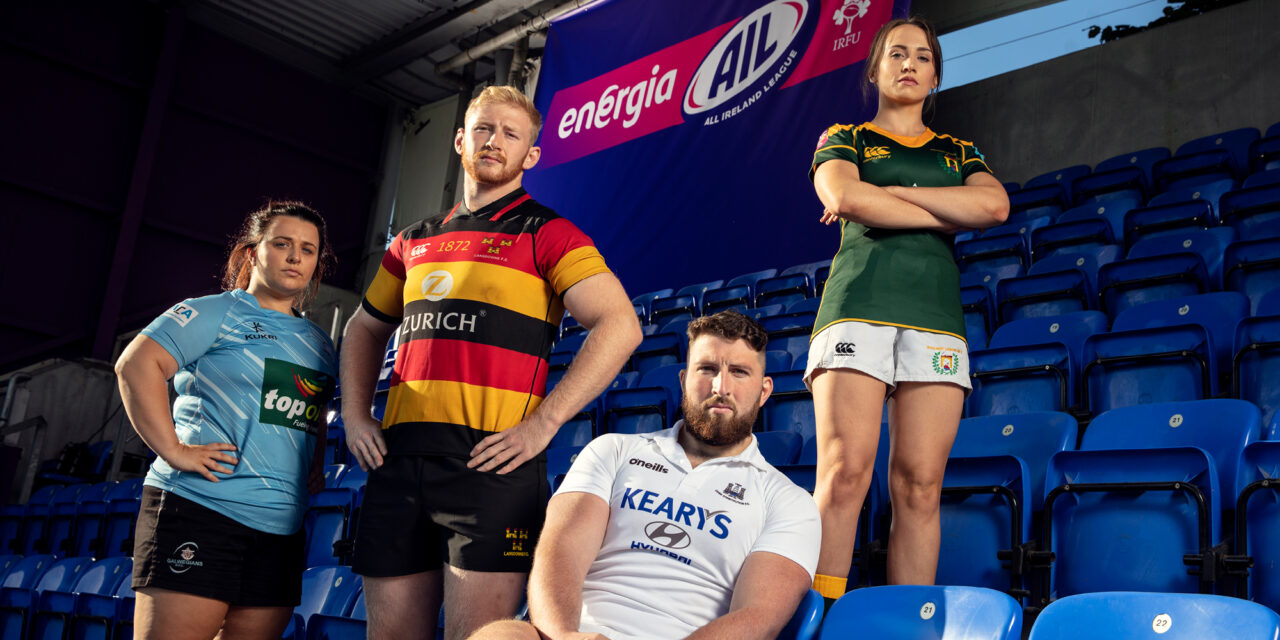




Leave a comment
You must be logged in to post a comment.